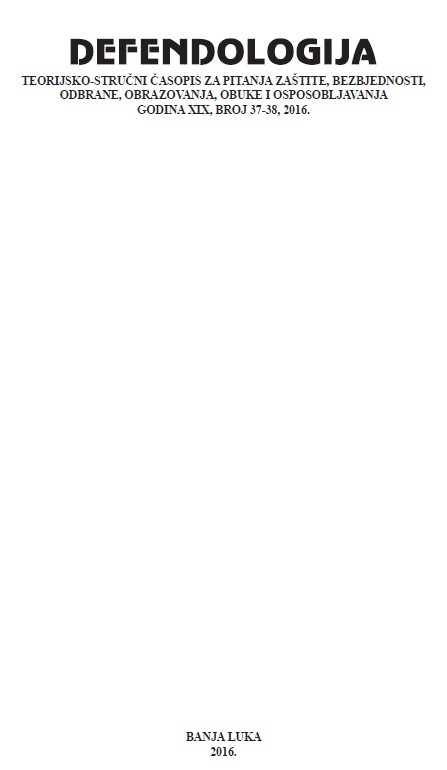HATE CRIMES: THEORETICAL PARADIGM
HATE CRIMES: THEORETICAL PARADIGM
Author(s): Velibor LalićSubject(s): Criminal Law, Criminology, Studies in violence and power, Victimology
Published by: Evropski defendologija centar za naučna, politička, ekonomska, socijalna, bezbjednosna, sociološka i kriminološka istraživanja
Keywords: hate crimes; prejudices; hatred; protected characteristics; victims;
Summary/Abstract: Hate crimes are criminal offences, often violent and destructive, where the perpetrator is motivated by prejudice against the social group to which the victim belongs. Hate crimes not only do great harm to the victims, but to society as a whole. Considering the specific motive of commission and consequences of hate crimes, they have been distinguished as a distinct type of crime, which is generally agreed upon in literature, and arguments that corroborate it are more convincing that those disputing it. The solution of basic conceptual issues paves the way to critically examine other dilemmas, which is not agreed upon by all either in theory or practice. The paper concludes that despite the fact that hate crimes have been the subject of research for more than two decades, it is still necessary to critically examine the theoretical soundness and practical usability of this concept.
Journal: DEFENDOLOGIJA
- Issue Year: 19/2016
- Issue No: 37-38
- Page Range: 34-47
- Page Count: 14
- Language: English

